Publications
Articles, publications, books, tools and multimedia features from the U.S. Institute of Peace provide the latest news, analysis, research findings, practitioner guides and reports, all related to the conflict zones and issues that are at the center of the Institute’s work to prevent and reduce violent conflict.
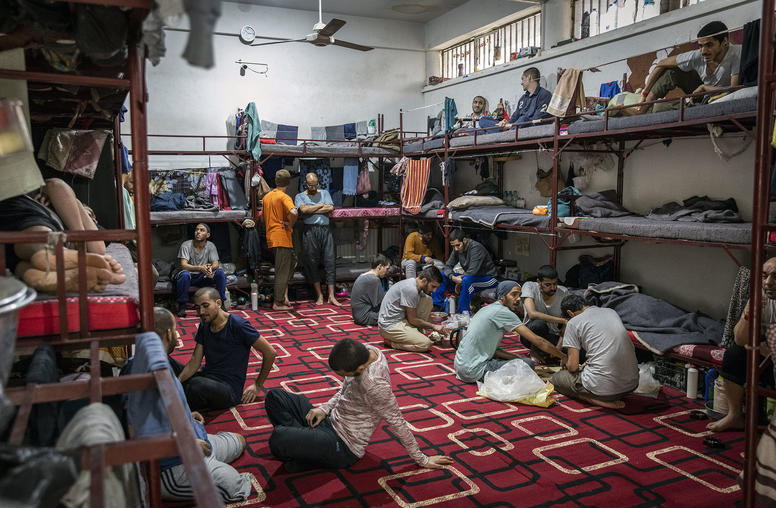
A Sustainable Approach for Disengaging Violent Extremists
Governments and communities worldwide are facing the increasingly daunting challenge of what to do when citizens who participated in violent extremist conflicts return home. With ISIS’s territorial caliphate extinguished, more than 100 countries could face the task of not only having to reintegrate their citizens, but also preparing their communities for a future with them living next door. This is a society-wide challenge that will engage a cross-cutting spectrum of stakeholders deploying a range of peacebuilding and other tools to build communities and individuals who are more resilient to violent extremism.
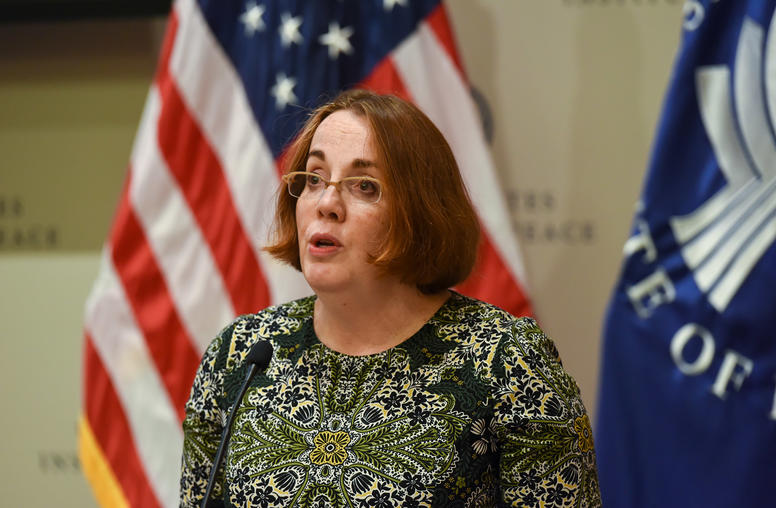
U.S.-Taliban Deal is a “Massive Opportunity,” Says U.S. Negotiator
After a year and a half of negotiations, the U.S. and Taliban have reached an interim agreement to reduce violence for a period of seven days. If that agreement holds, the two sides will formalize a pact that would lead to intra-Afghan negotiations and a phased U.S. troop withdrawal. Although the reduction in violence is an important achievement, it is but one step on a long, rocky road to peace, noted current and former senior U.S. officials on February 18 at the U.S. Institute of Peace.
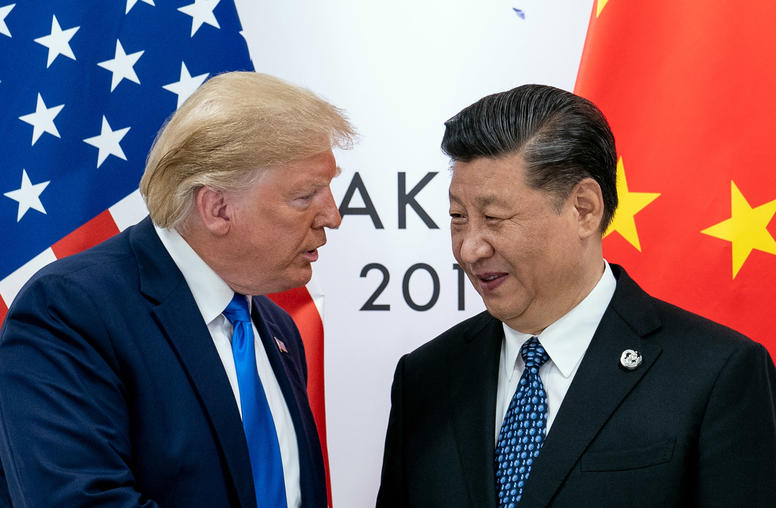
Who Cares if the U.S. is in a ‘New Cold War’ with China?
Enough already. It is time to stop debating whether the United States stands at the threshold of a “new Cold War” with China. The question has become an obsession among China watchers and foreign policy analysts. But the debate’s poorly defined nature sheds little light on the excruciating choices policymakers face when dealing with Beijing.
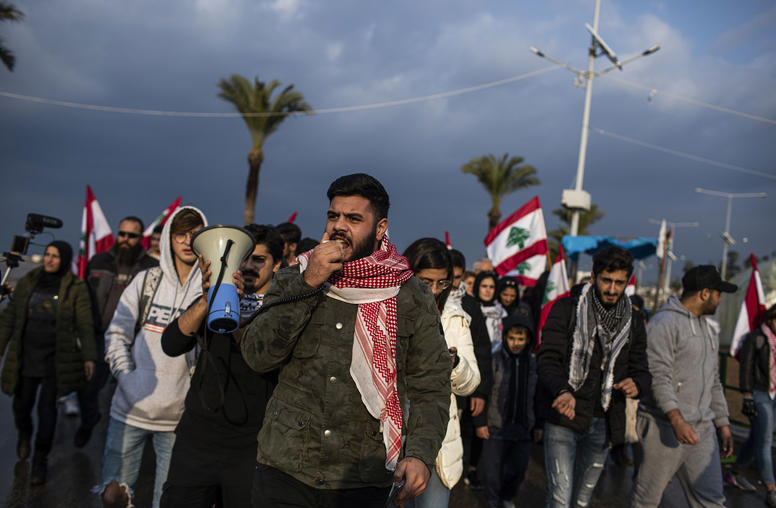
Lebanon’s Protests Take a Troubling Turn During Dire Financial Crisis
Coinciding with Lebanon’s worst financial crisis in decades, popular protests in the country have been ongoing for more than four months. The protests were initially sparked by a government tax on the popular WhatsApp messaging service. They quickly evolved into Lebanon’s largest, sustained peaceful protest movement. The demonstrations were notable for being geographically diverse and starkly anti-sectarian. Women and youth have played outsized roles in the protests, which emphasized a focus on civic engagement. Recently, however, the protests have taken a troubling turn, with episodic clashes between protesters and security forces.
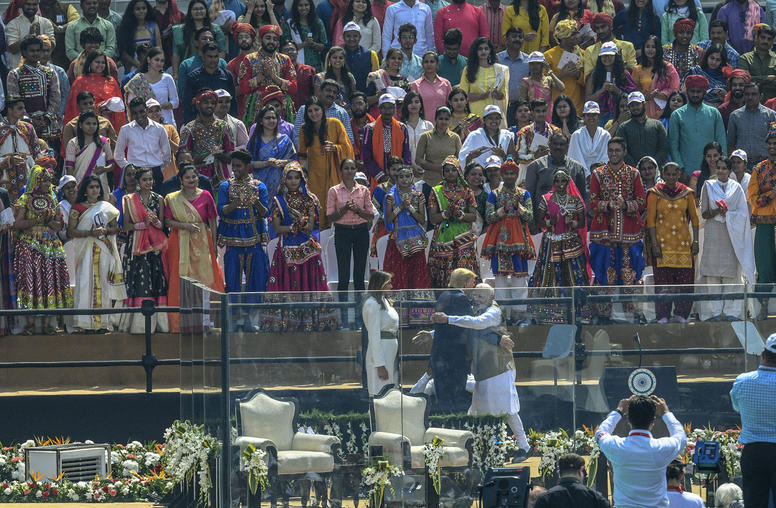
Four Things to Know About President Trump’s Trip to India
President Trump’s recent trip to India yielded no progress on a bilateral trade agreement, one of the main issues both leaders hoped to address. Despite the trade impasse, both President Trump and Indian Prime Minister Narenda Modi used the two-day trip to reinforce the positive relationship between the U.S. and India, as official discussions finalized several defense and energy deals. USIP’s Vikram Singh looks at the state of trade talks, the possibility of U.S. mediation in Kashmir, India’s regional stance on the Afghan peace process, and how China’s growing global influence impacts U.S.-India relations.
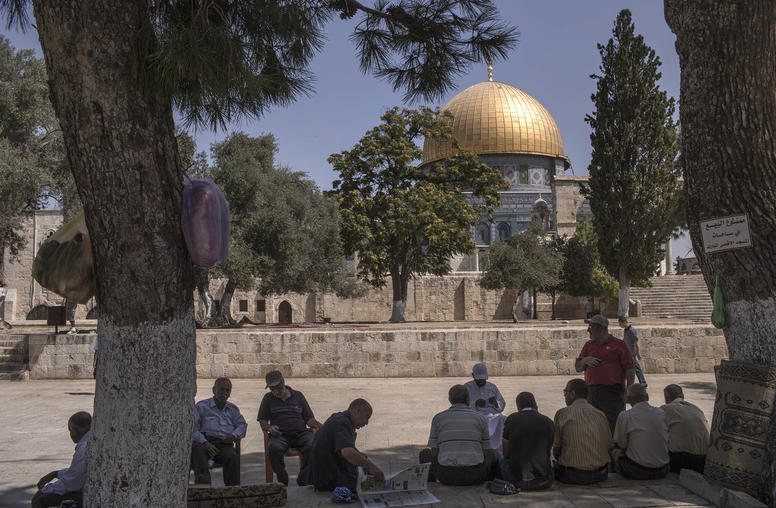
The Long View on Trump’s Israeli-Palestinian Vision
The Trump administration’s vision for addressing the Israeli-Palestinian conflict has provoked diverse reactions from the parties and the international community, leaving opponents and supporters continuing to analyze the initiative and chart their next immediate moves. But taking the long view, some implications of the plan can be glimpsed on the horizon.
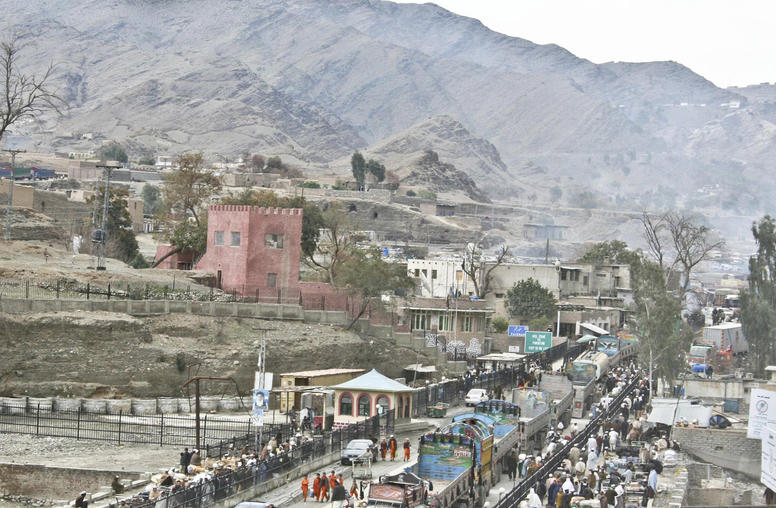
An Essential for Afghan Peace: Funding the Government
A critical ingredient for the current efforts to bring stability and peace in Afghanistan is the Afghan state’s ability to pay for more of its own operations. Despite optimistic new reports from the Afghan government, its actual revenues stagnated last year. With international donors still funding around half of Afghan government expenses, urgent improvements are needed in the way the government collects and measures its revenues. These changes are vital to persuade donors to sustain funding when their current assistance pledges expire in just 10 months—and to help strengthen the government in prospective negotiations with the Taliban.
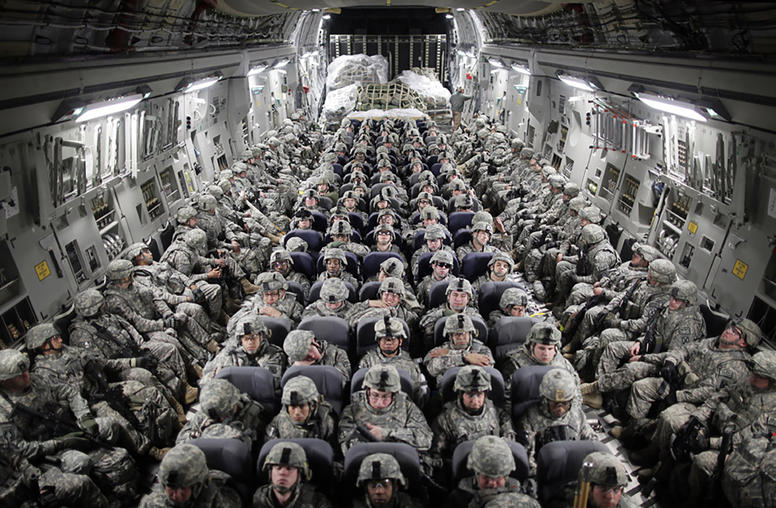
U.S., Taliban Sign Historic Agreement—Now Comes the Hard Part
After more than a year and a half of negotiations, the U.S. and Taliban struck a deal on Saturday that paves a way to end America’s longest war. The agreement was signed following a seven-day reduction of violence (RIV) period. While the RIV was largely upheld, the Taliban on Monday ordered its fighters to resume attacks against the Afghan army and police forces. Taliban spokesman Zabihullah Mujahid said that the insurgent group would not attack foreign forces, as stipulated in the U.S.-Taliban agreement. With the complicated intra-Afghan phase set to begin on March 10, the resumption of violence shows how fragile the peace process remains.
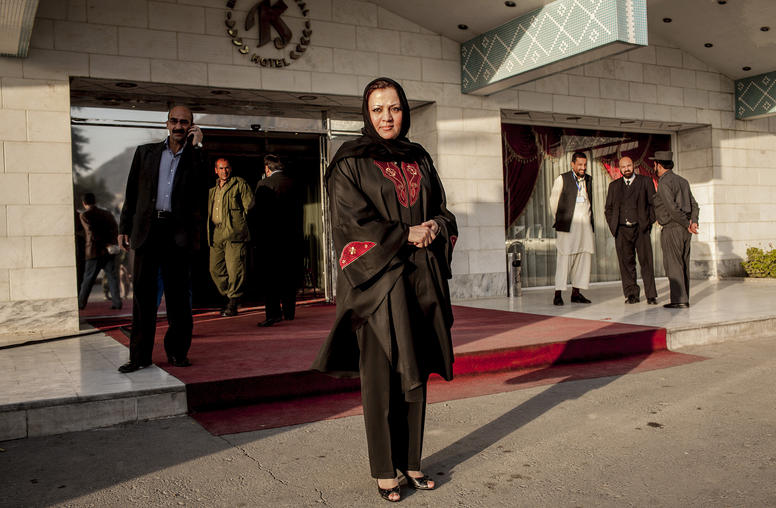
What Women Have Won
Five years ago, as the newly appointed and first woman president of the United States Institute of Peace, I was celebrating International Women’s Day in Kabul with the wonderful Afghan women on our USIP country team. Having first visited Afghanistan in 1997, when the country was in the grip of the Taliban, it was a joyous opportunity to mark nearly two decades of progress with this group of professional women—lawyers, scholars, and program managers.
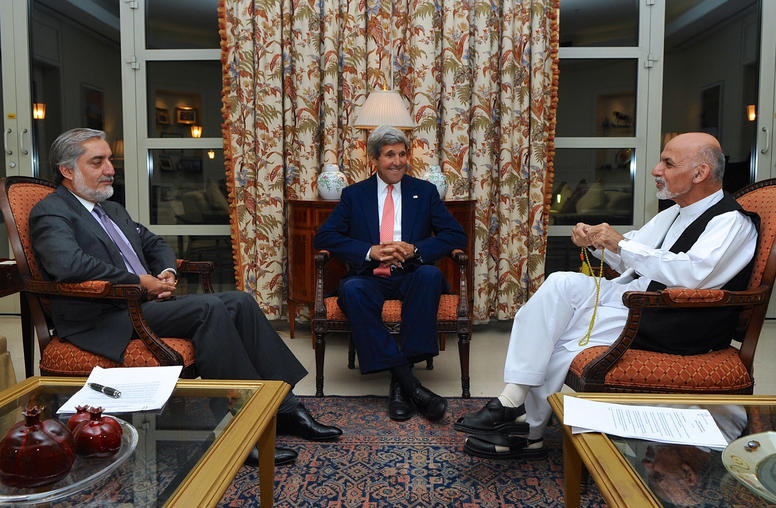
Another Afghan Election Crisis and the Challenge of Power-Sharing
Approximately five and a half months after Afghanistan held nationwide presidential elections in September 2019, incumbent President Ashraf Ghani and runner-up Abdullah Abdullah have held parallel inauguration ceremonies this week, with each side claiming the authority to form the next government. The current political crisis complicates efforts to open up broader power-sharing talks with the Taliban called for under an agreement signed in Doha at the end of February, as President Ghani seeks to consolidate his authority, and Abdullah and his supporters seek to claim a seat at the negotiating table.